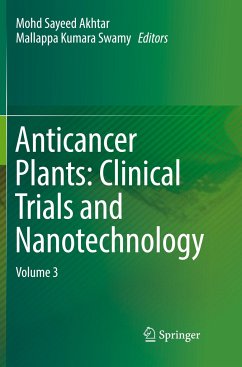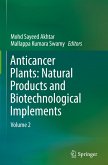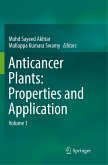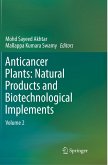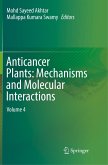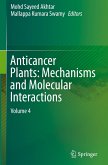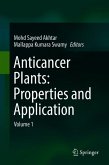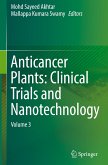Cancer is one of the leading causes of death in human beings. Though several synthetic medicines are used to treat cancer, they are largely inefficient and unsafe. In contrast, plants, which have been used for medicinal purposes since time immemorial, have proved to be useful in fighting cancer, with natural compounds from plants and their derivatives offering safe and effective treatment and management for several types of cancer.
Plants such as Catharanthus roseus, Podophyllum peltatum, Taxus brevifolia, Camptotheca acuminate, Andrographis paniculata, Crateva nurvala, Croton tonkinensis, Oplopanax horridus etc., are important source of chemotherapeutic compounds. These plants have proven their value in the treatment of cancer and various other infectious diseases, and several common anticancer compounds such as taxol, podophyllotoxins, camptothecin, vinblastine, vincristine, homoharringtonine etc. have been isolated and purified from these medicinal plants.
Unfortunately, many of these anticancer plants have become endangered due to ruthless and irresponsible harvesting practices. Hence, there is a need to conserve these species and to propagate them on a large scale using plant tissue culture. Alternatively, plant cell tissue and organ culture biotechnology could be adopted to produce these anticancer compounds without the need for cultivation. A better grasp and continuing exploration of these isolated molecules and products could provide a powerful alternative means of reducing cancer risk.
"Anticancer Plants: Volume 3, Clinical Trials and Nanotechnology" provides a timely review of concepts and experimental data on the application of anticancer plants and their compounds in clinical trials, and on the use of nanotechnology in cancer therapy.
Plants such as Catharanthus roseus, Podophyllum peltatum, Taxus brevifolia, Camptotheca acuminate, Andrographis paniculata, Crateva nurvala, Croton tonkinensis, Oplopanax horridus etc., are important source of chemotherapeutic compounds. These plants have proven their value in the treatment of cancer and various other infectious diseases, and several common anticancer compounds such as taxol, podophyllotoxins, camptothecin, vinblastine, vincristine, homoharringtonine etc. have been isolated and purified from these medicinal plants.
Unfortunately, many of these anticancer plants have become endangered due to ruthless and irresponsible harvesting practices. Hence, there is a need to conserve these species and to propagate them on a large scale using plant tissue culture. Alternatively, plant cell tissue and organ culture biotechnology could be adopted to produce these anticancer compounds without the need for cultivation. A better grasp and continuing exploration of these isolated molecules and products could provide a powerful alternative means of reducing cancer risk.
"Anticancer Plants: Volume 3, Clinical Trials and Nanotechnology" provides a timely review of concepts and experimental data on the application of anticancer plants and their compounds in clinical trials, and on the use of nanotechnology in cancer therapy.

